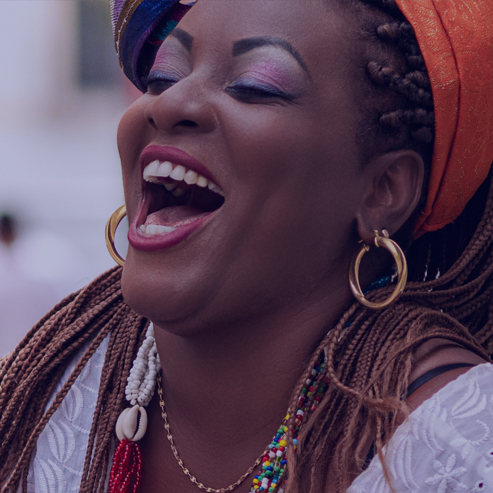Home > About us > Our news > Localisation Strategies: Our product has a nickname in China!
Localisation Strategies: Our product has a nickname in China!
CHINESE CONSUMERS TEND TO GIVE NICKNAMES TO BEAUTY PRODUCTS THEY LOVE.
A whitening face lotion from Olay, for example, has the official name of Regenerist Luminous Tone Perfecting Treatment, but Chinese customers prefer the nickname “Olay’s little white bottle (Olay小白瓶).” The long time best-selling SK-II Facial Treatment Clear Lotion Toner is called “immortal water (神仙水)” as customers swear by its effectiveness in keeping their skin young and plumped.

Here are a few more examples: SKII Genoptics Aura Essence is named the “Little Lightbulb (小灯泡)” by many customers and SK-II Skin Mask is called “The Ex boyfriend (前男友面膜)” because every “ex” will be full of regrets once they see you after using the face mask. Shiseido’s Power Infusing Concentrate has gotten the nickname “blushy waist (红腰子)” as a result of its bottle design.

Why do consumers give their beloved products nicknames?
First, it should be noted that long, complicated names and descriptions are hard to remember. Second, Chinese consumers like to share reviews on social media platforms such as Weibo and Xiao Hong Shu. They feel closer to a catchy nickname instead of a long, descriptive phrase.
What does this mean for brands?
From planning KOL campaigns on their social media channels to e-commerce websites, brands should embrace this trend and incorporate the nicknames that are most familiar to consumers. Naming should really be about bridging that emotional connection between the brand and the increasingly sophisticated Chinese consumer.

Naming as a Way to Communicate Effective
Localisation means being in tune with all cultural aspects of a local market, from content to context to product naming strategies. Brands should take initiative and name their products in a way that resonates even more with their customers. Dior Prestige is a good example. Dior named that specific collection very differently for the Chinese market. The Chinese name “迪奥花蜜活颜丝悦” (Dior, Rose Honeydew, Skin Rejuvenating, Silky Pleasure) is associated with the ingredients featured in the product.
The name “rose honeydew” suggests an image of prestige, luxury and beauty, and even brings out an image of this lovely, mesmerizing scent. Developing narratives around key ingredients can be essential to differentiating yourself from other brands in the marketplace. This requires cultural awareness of the local market, especially if you are tapping into the personality of the brand by naming its products.

Localisation Strategy For Your Brand
If your brand is planning to enter a new market, naming is just one of the many aspects that is required in localisation. For 19 years, Datawords has been helping brands achieve their goals in rolling out localisation best practices on a global scale – product naming is an important piece you should consider, so when the time is right, you’ll know where to find us!





































